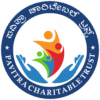ASMO Training
ASMO (Apparel Skill & Manufacturing Oriented) Training Program

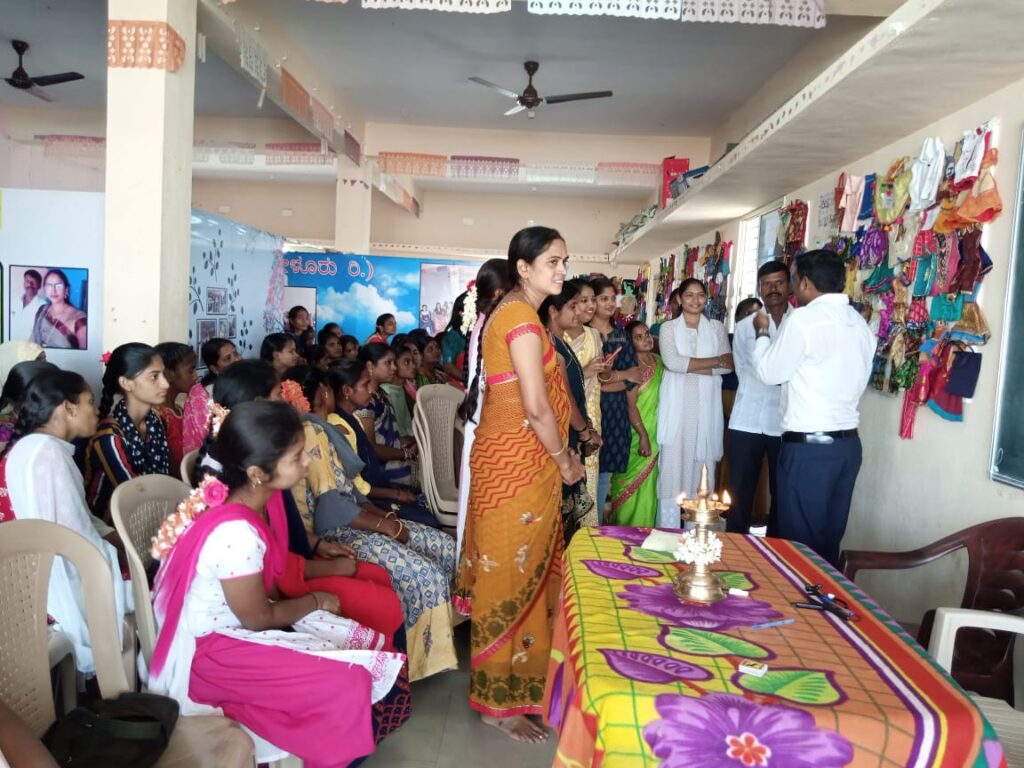
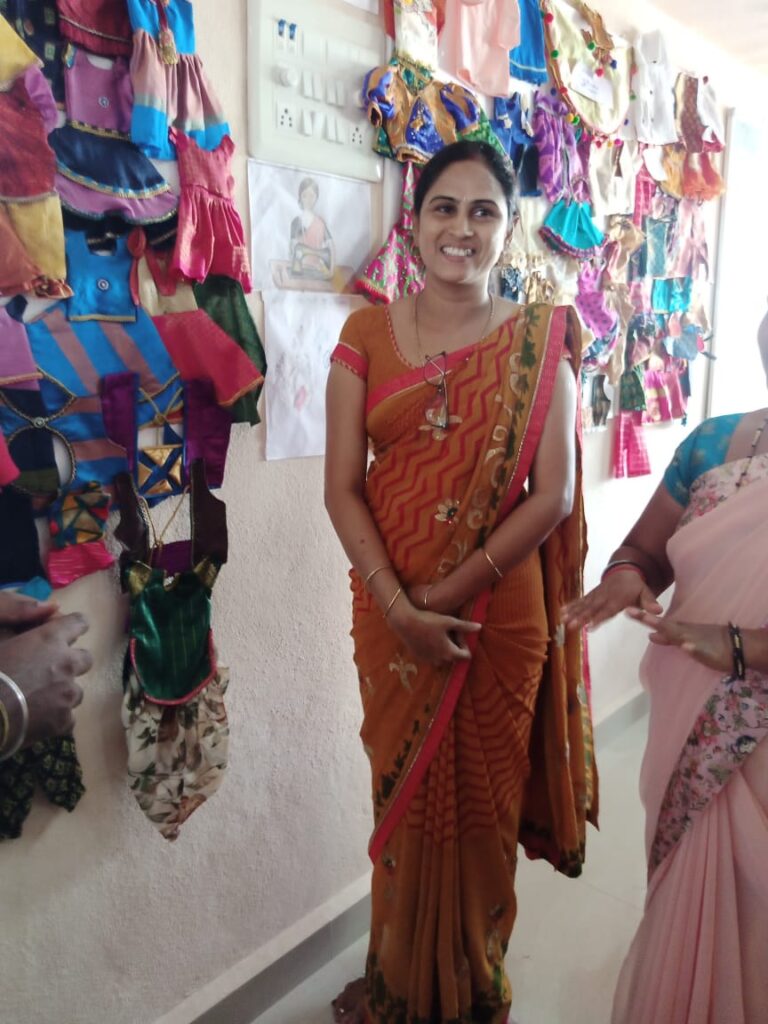
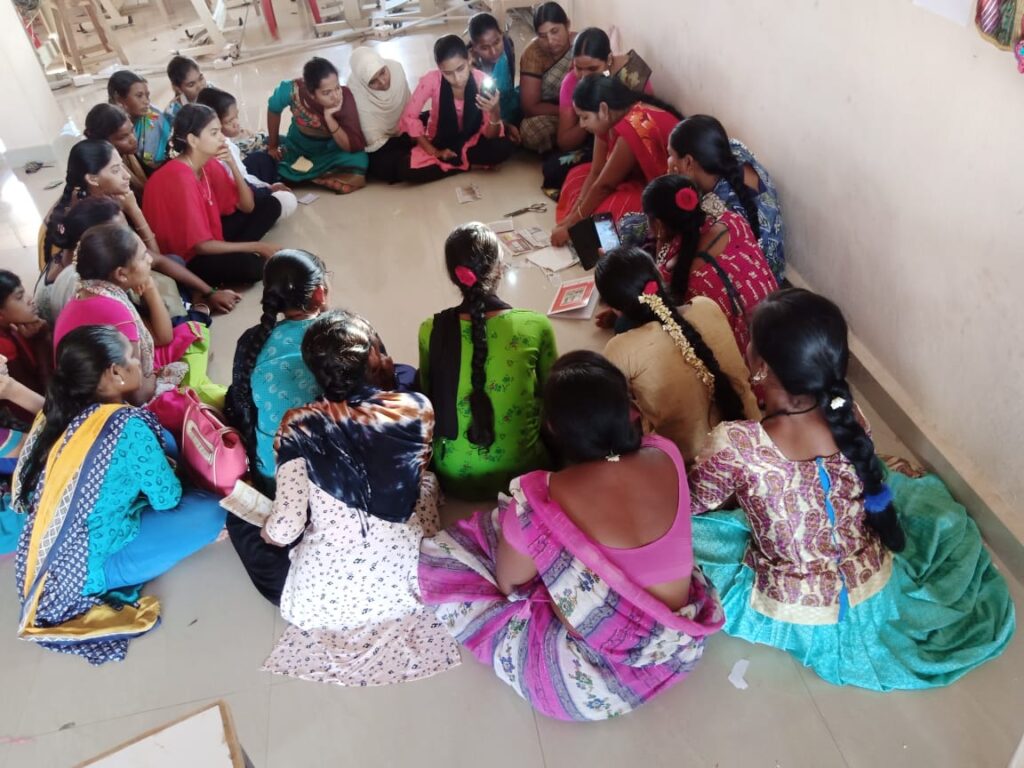
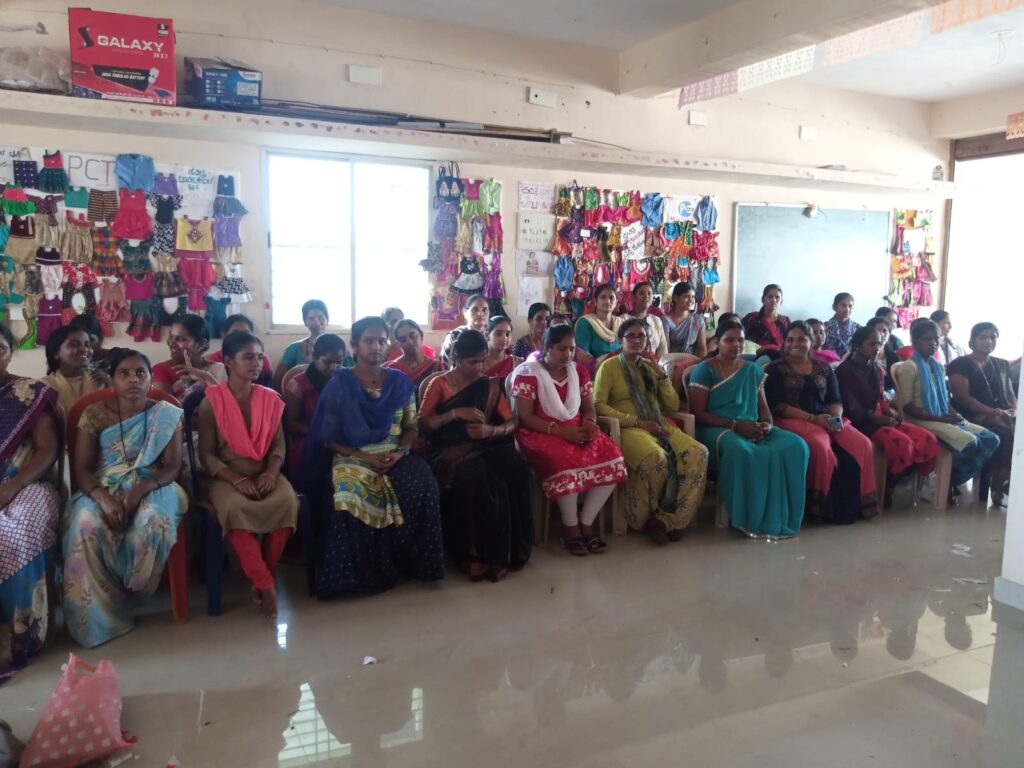
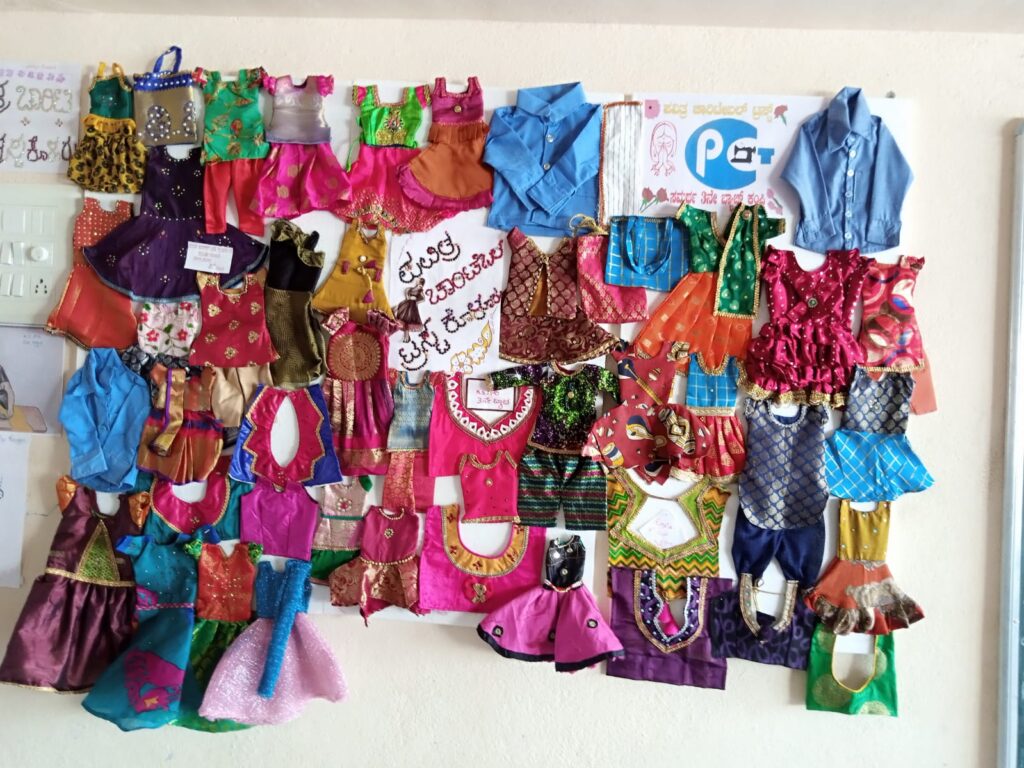
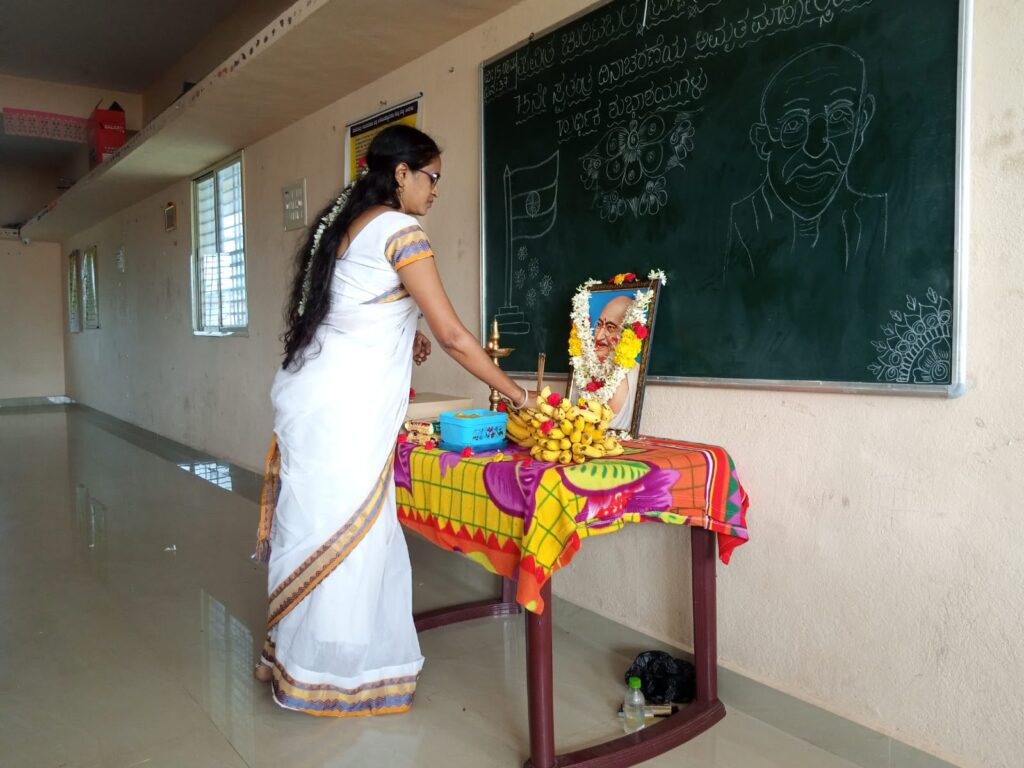
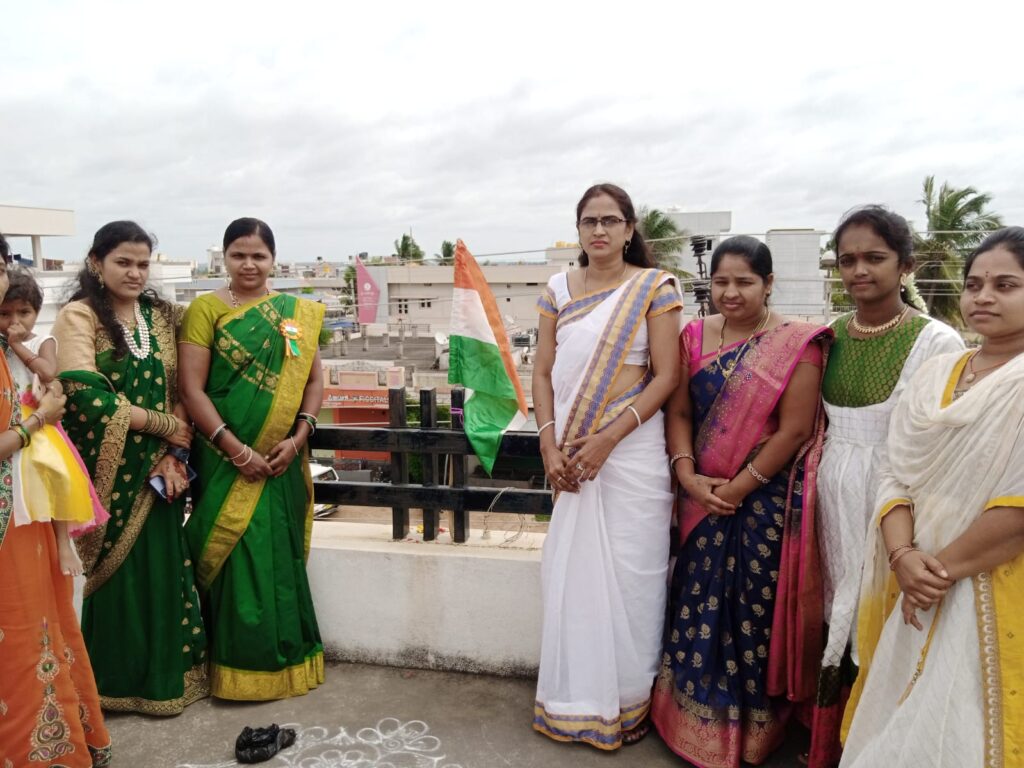

Overview:
The ASMO Training Program is a grassroots skill development initiative aimed at empowering women and youth, especially from underprivileged and rural backgrounds, by providing them with practical training in tailoring, apparel design, and manufacturing.
Key Objectives:
- Skill Development: Equip participants with industrial-level sewing, cutting, and garment construction skills.
- Self-Employment: Enable trained individuals to start their own tailoring businesses or join garment manufacturing units.
- Women Empowerment: Foster financial independence among women through livelihood training.
- Market Readiness: Train participants to meet industry standards in apparel design and stitching.
- Group Collaboration: Promote Self-Help Groups (SHGs) for collective production, marketing, and financial planning.
Program Components:
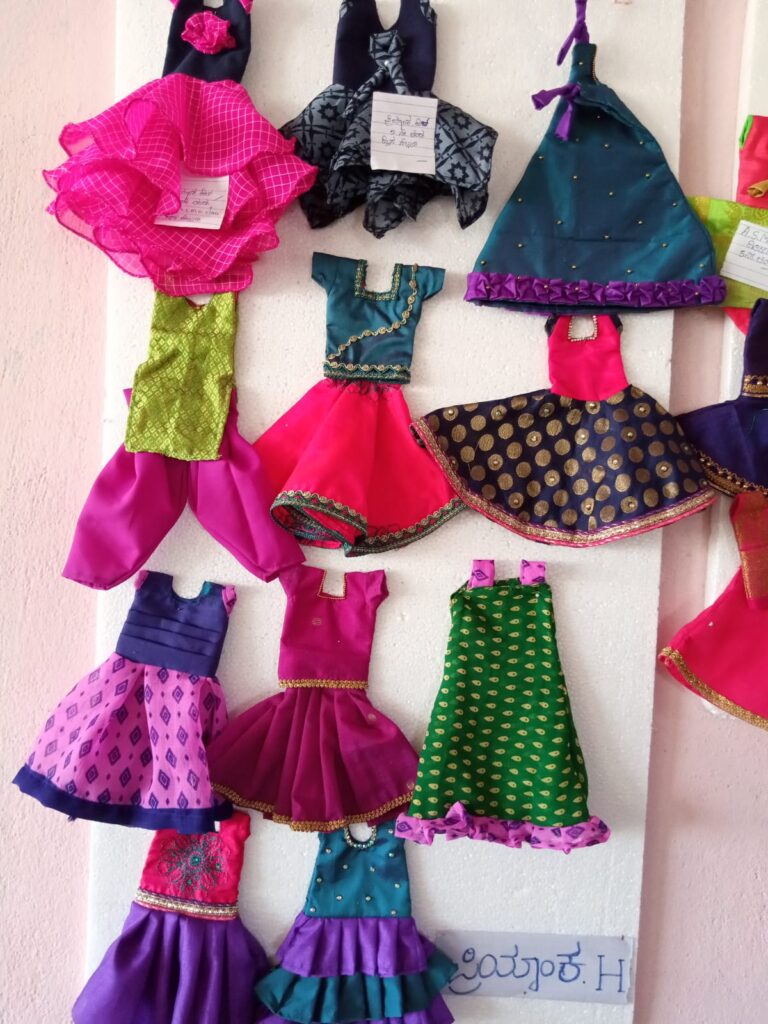
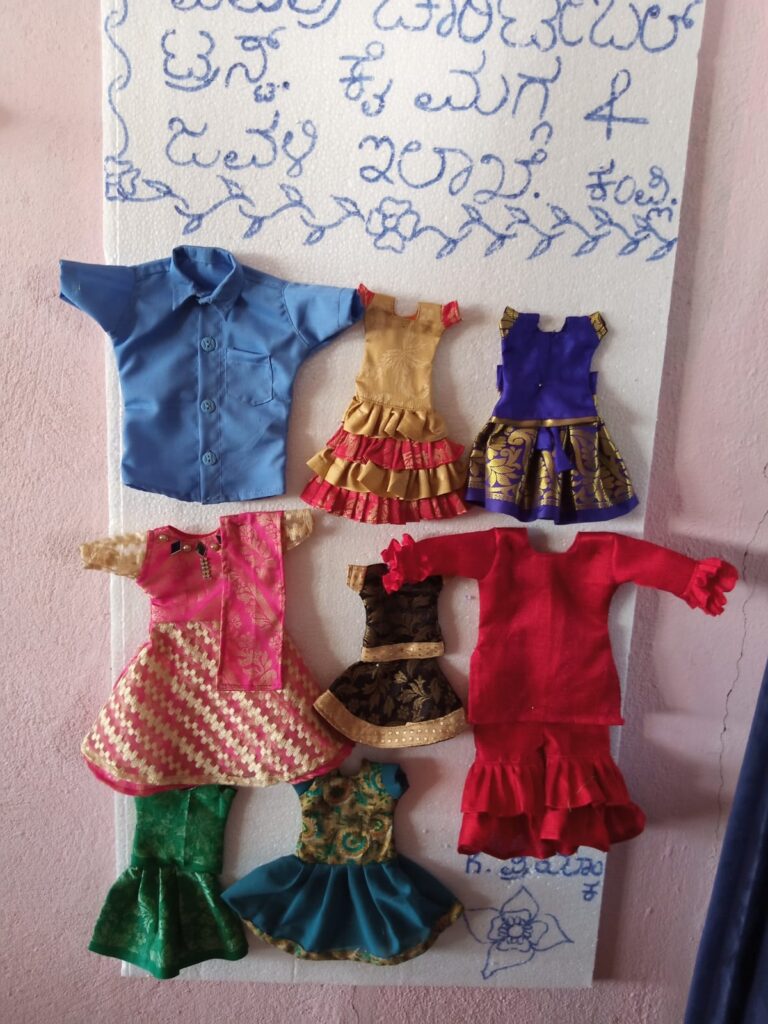
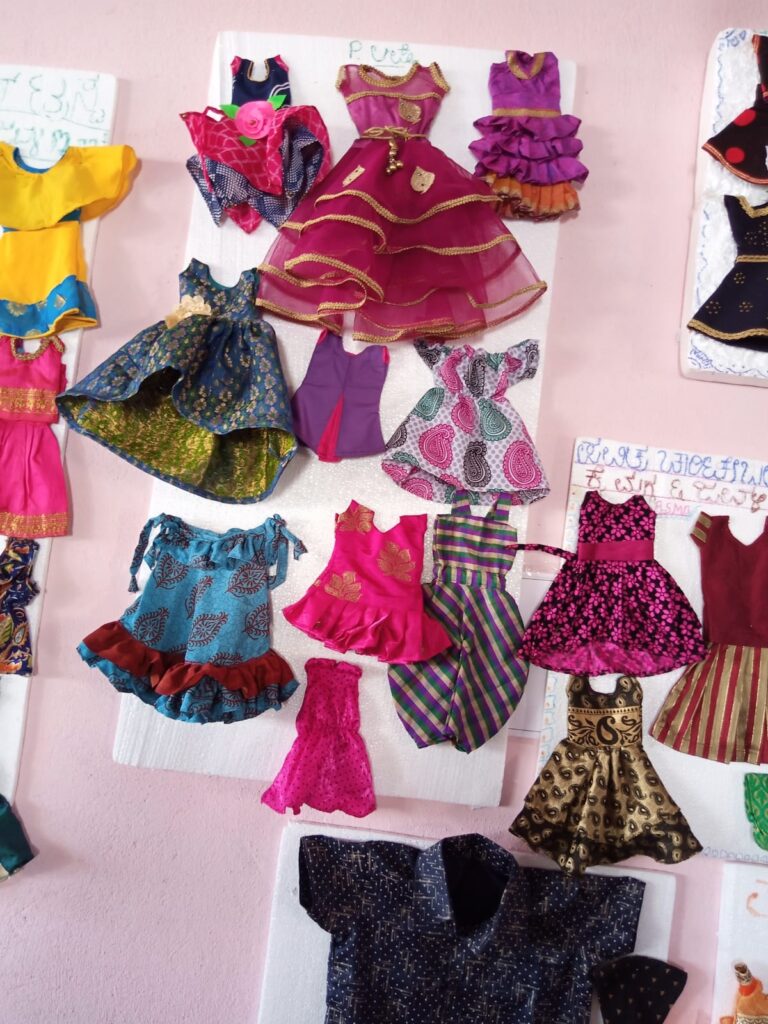
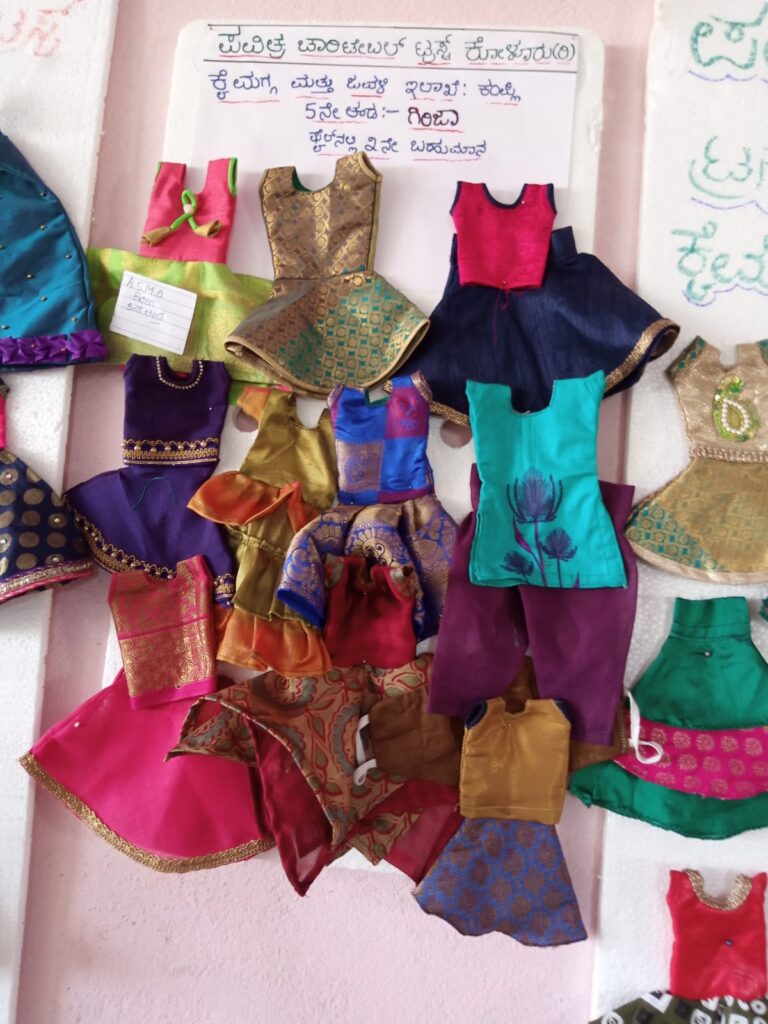
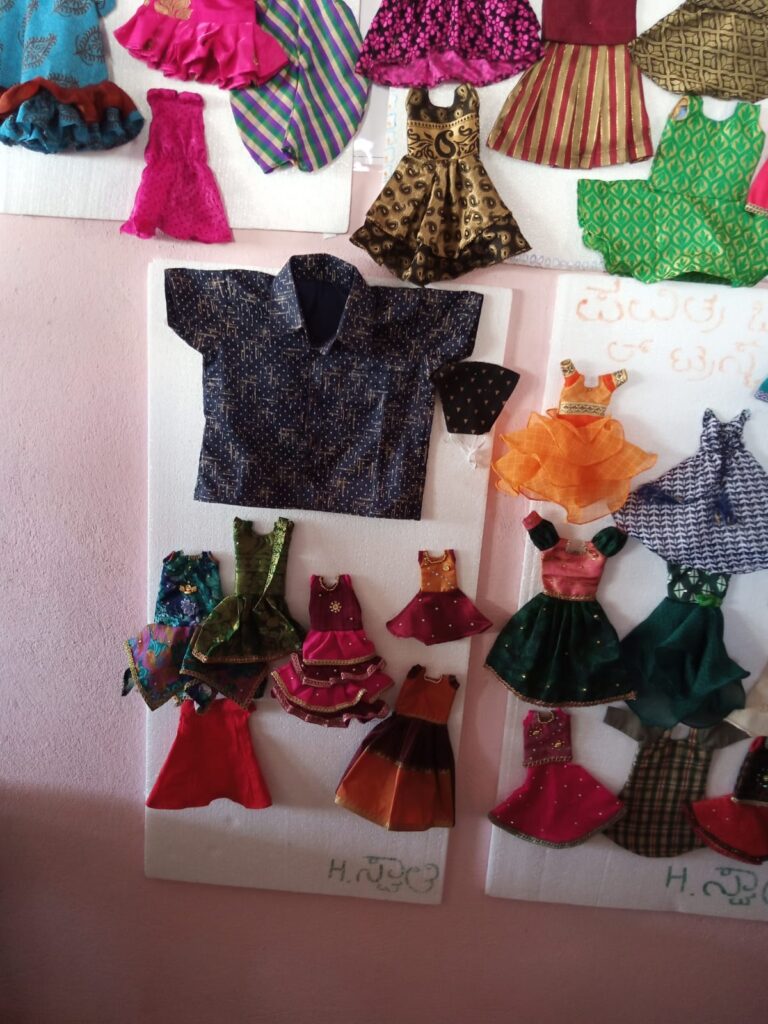
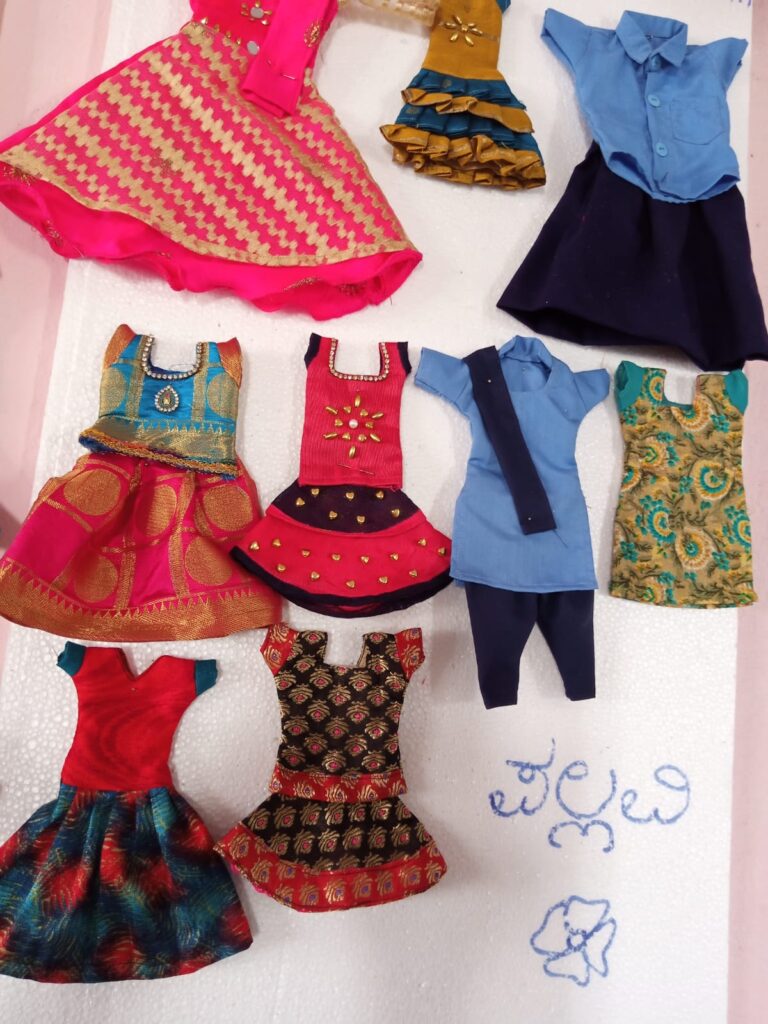
- Technical Training:
- Use of industrial sewing machines and tools
- Pattern making, cutting, and measurement techniques
- Fabric knowledge and garment finishing
- Quality control and packaging
- Product Development:
- Creation of miniature sample garments (as seen displayed in the image) for practice and demonstration
- Focus on traditional and modern attire including kurtis, lehengas, blouses, shirts, and bags
- Soft Skills and Entrepreneurship:
- Basic business skills: pricing, marketing, customer service
- Digital literacy for online sales platforms (where applicable)
- Encouragement to participate in exhibitions and local fairs
- Certification & Placement Support:
- Completion certificate issued upon successful training
- Job assistance with nearby tailoring shops, boutiques, or garment industries
Impact & Community Engagement:
- Inclusive Participation: Women from diverse backgrounds, homemakers, widows, and school dropouts have found a platform for learning and growth.
- Showcase Events: Final presentations include exhibitions of created garments and group discussions with trainers and visiting dignitaries.
- Sustainability: Many graduates form local tailoring groups or SHGs, increasing community-based employment.
Visual Highlights from Your Images:
- 📍 Hands-on Training: Women learning to operate industrial machines with guidance.
- 🎨 Product Display: A vibrant collection of hand-made miniature garments showcased on the wall.
- 👩🏫 Instructor Engagement: Trainers providing detailed demonstrations and feedback.
- 🪑 Group Sessions: High female turnout in classroom-style learning, indicating strong interest and impact.
